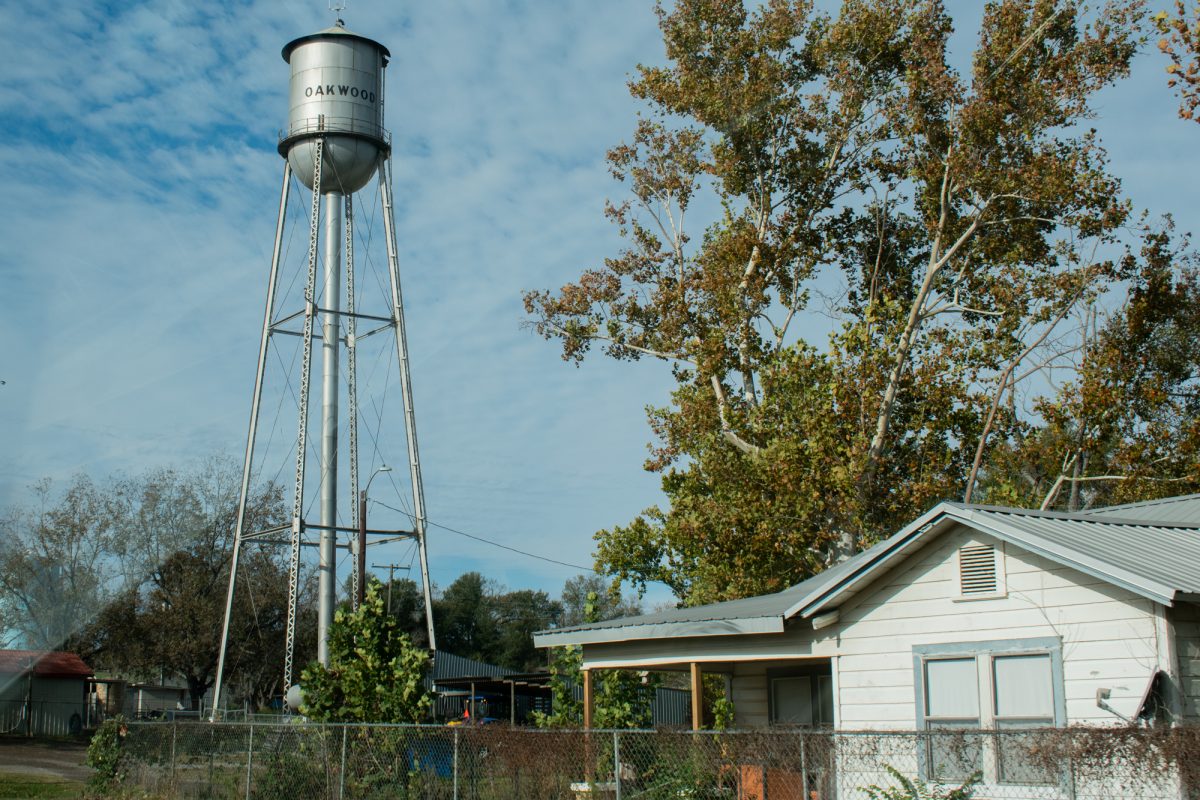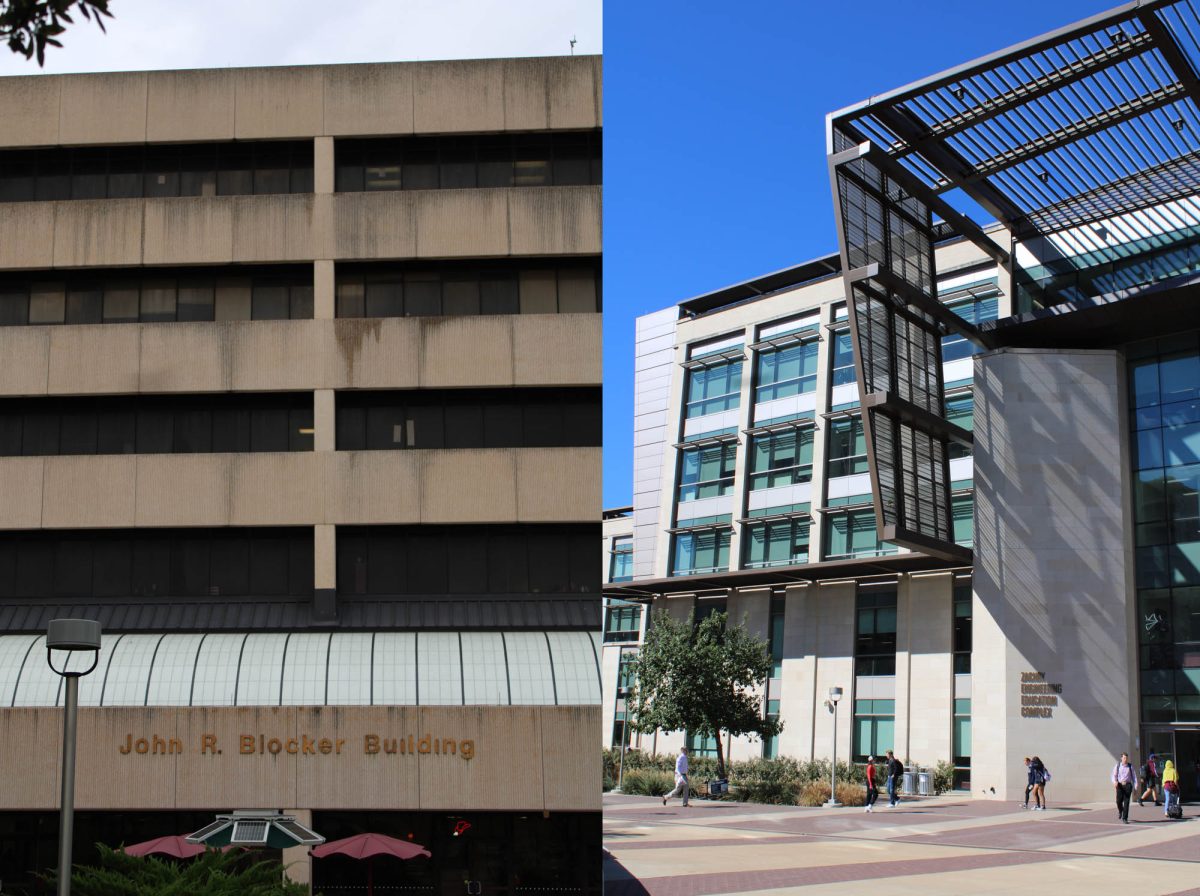Throughout the process of investing the $17.2 billion in the joint endowment between Texas A&M and the University of Texas, no one is asking a simple question — exactly who are we giving money?
Reading through the investments made by A&M and UT requires the ability to understand corporate equity, debt securities and mortgage backed securities. There is a complexity inherent in a system that begins in the oil fields of West Texas, only to make its way through companies accused of funding the Sudanese genocide and other human rights violations, before ending right here in College Station, as found by a three month investigation by The Battalion.
On its website, UTIMCO, the management company for the Texas A&M System’s and the UT System’s largest endowment, claims that it is modeled after Harvard, Princeton, Stanford and Duke — all of which have social policies to protect the integrity of their endowments. UTIMCO does not.
“The context of all this is if you make economic decisions based on noneconomic reasons, there’s an economic cost,” said Bruce Zimmerman, UTIMCO CEO, at a UT Board of Regents meeting in September 2014. “Once you decide there is one political or social issue that merits an investment decision, where does the list end?”
Zimmerman is right that a social policy is a slippery slope — one that has led other universities to divest from human rights violators, perpetrators of genocide and state sponsors of terrorism.
Zimmerman argues for a strictly legalistic policy that does not take into account non-economic factors when choosing investments, but if UTIMCO’s investments are not violating the letter of the law, they are certainly violating the spirit of it.
The State of Texas has two laws that prohibit major public pension funds from investing in 55 companies involved Sudan and Iran. UTIMCO is invested in 17 of those companies.
While these laws do not explicitly ban UTIMCO from investing in the company, the hypocrisy is clear. Those pension funds also happen to include Texas A&M professors and staff, which brings about the strange fact that our professor’s pension funds are clean of this money, but their salaries, our scholarships and our buildings, are not.
Challenged before for investing in companies linked by the Texas comptroller to genocide in Darfur, Zimmerman has responded that the investment is a small amount of the total money in the fund and that divesting from those companies would be too difficult.
“We have a $25 billion pool of assets,” Zimmerman said in an 2011 interview with the Texas Observer. “You do the math.”
If it is so small that it’s not a problem, then divest. If it is so hard to divest, then don’t invest in them to begin with. Not investing in companies involved in genocide, child labor and the systematic bribing of foreign governments shouldn’t be something that is so hard to do. Sure, the good companies outweigh the bad, but that doesn’t mean there needs to be bad.
The point of this investigation is not to put administrators on trial with war criminals or assert that my viewpoints on every single company are the only conclusions that can be reached — it is to start a conversation on campus and the administration we have never publicly had before about who we are invested in and making money from.
And there is the rub of the whole thing: This is not just where our money is going, but where it is coming from. Simply, when these companies break international law to increase their profits, we make money. That money has gone to build the Interdisciplinary Sciences Building, the Texas Transport Institute and the Health Science Center — buildings you could very well be sitting in right now. But these investments continue because the people handling our money refuse to think about the whole picture.
“I don’t believe an endowment should be used to pursue social or political objectives and that is the policy of the UT system Board of Regents, which is the fiduciary responsible for the endowment,” Zimmerman said.
And that may be the weirdest part about this. There are nine people on the board of UTIMCO and only two of them are appointed by the Texas A&M University System, with the rest by the University of Texas System. Which brings about the funny fact that we only have two-ninths of a say in where the money in our largest endowment goes. To be sure, Zimmerman says that the UTIMCO board is unanimous in its votes, and there certainly has never been any pressure from the university to create a social policy. But if we did want to make a change, we wouldn’t be able to alone because the current system heavily favors UT.
The State of Texas should immediately pass legislation that gives us the voice that we deserve in our own endowment, and that voice needs to demand a Committee for Investor Responsibility to review who we are giving money to be consistent with the mission of the university.
There is a Texas A&M commercial that ends with the line: “In call to take on the world’s challenges, we don’t hesitate, we step up.” We spend billions to create leaders to solve the world issues but somewhere in the background of all of that; our money is creating the very problems we seek to solve.
Stop investing without thinking. Step up.
Spencer Davis is a finance junior and a news reporter for The Battalion.
Ask where the money goes before investing
November 22, 2015
0
Donate to The Battalion
Your donation will support the student journalists of Texas A&M University - College Station. Your contribution will allow us to purchase equipment and cover our annual website hosting costs.
More to Discover








